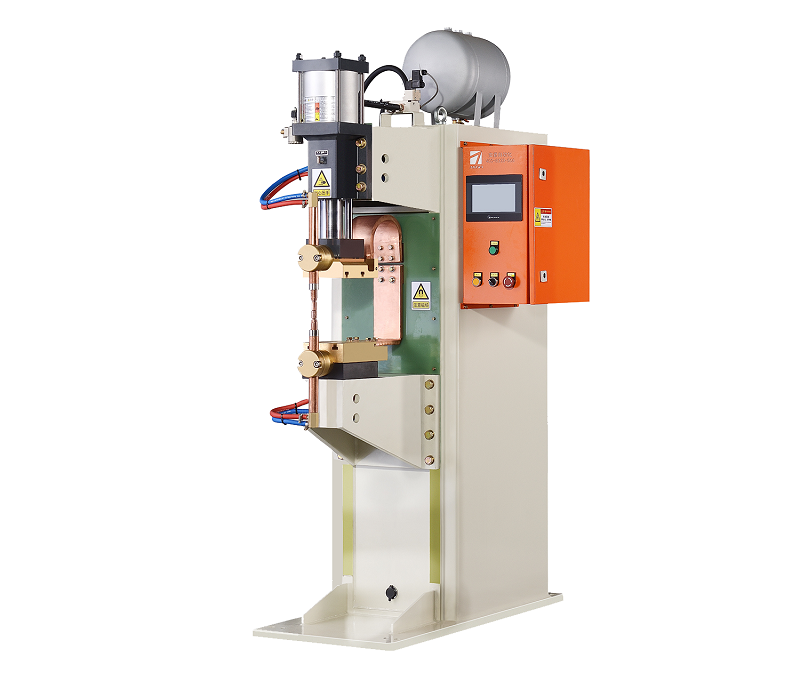- Home
- News
- Influence of Mechanical Rigidity of Medium Frequency Spot Welding Machine on Weld Formation
Influence of Mechanical Rigidity of Medium Frequency Spot Welding Machine on Weld Formation
Medium frequency spot welding is a widely used method in the manufacturing industry for joining metal components. The quality of spot welds, which are formed by the fusion of metal at localized points, is influenced by various factors. One crucial factor that significantly affects the outcome of spot welding is the mechanical rigidity of the welding machine.

Mechanical rigidity refers to the ability of the welding machine to maintain its structural integrity and resist deformation during the welding process. This factor plays a pivotal role in determining the consistency and reliability of the welds produced. In this article, we delve into the influence of mechanical rigidity on the formation of welds in medium frequency spot welding.
- Alignment Precision: A rigid welding machine ensures that the electrodes, responsible for delivering the welding current and generating the necessary heat, maintain accurate alignment. Misalignment due to mechanical deformation can result in uneven heat distribution, leading to weak or incomplete welds.
- Electrode Force Application: Proper mechanical rigidity allows for consistent and precise application of electrode force onto the workpieces. Insufficient force can lead to insufficient contact between the workpieces, impeding the heat transfer required for weld formation.
- Energy Delivery: Mechanical deformation can alter the distance between the electrodes, affecting the electrical resistance at the welding point. This, in turn, influences the amount of energy delivered to the spot, potentially resulting in under- or over-welding.
- Repeatability: A rigid machine ensures that the welding process is repeatable and reproducible. Consistency in mechanical setup translates to consistent weld quality, which is essential for maintaining manufacturing standards.
- Reduced Spatter: Mechanical stability contributes to a stable arc during the welding process, minimizing spatter – the unwanted expulsion of molten metal. Reduced spatter enhances the appearance of the weld and reduces the need for post-weld cleanup.
- Overall Weld Strength: The mechanical rigidity of the welding machine directly affects the overall strength of the weld. A stable setup produces welds with predictable and desirable mechanical properties.
In conclusion, the mechanical rigidity of a medium frequency spot welding machine plays a critical role in the formation of high-quality welds. Manufacturers and welding professionals should prioritize machine design and maintenance to ensure optimal rigidity. This not only enhances the weld quality but also contributes to the efficiency and reliability of the welding process. As technology advances and welding techniques evolve, understanding and addressing the impact of mechanical rigidity will remain fundamental to achieving consistent and superior spot welds.